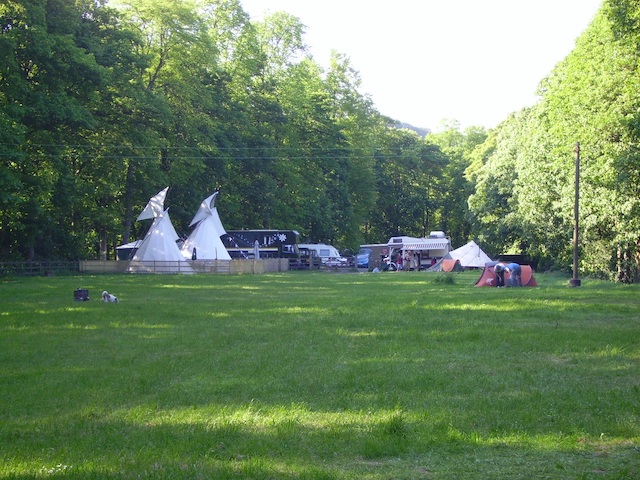There is camping potential for any piece of land, no matter how rough and remote it might seem. While not everyone has the advantage of finding an ideal piece of land that could accommodate their ideas and dreams, there is no reason to be discouraged from achieving your goal of opening a camp site, no matter what piece of land you are presented with. No matter how many thorns and thistles are in the way, you can always turn things around, given the right guidance and a little help.
The following are a few practical steps that could turn the most inhospitable pieces land into great camping sites.
Clearing the Space
Naturally, clearing the place of all that is undesirable is the first step in transforming you land into something hospitable. At absolutely no cost, this activity helps you visualize better just what can be done with what remains. The vast majority of camp site are simply cleared and cultivated pieces of land.
Adapting the Terrain
Whether it is rough land, uneven land, or land with some infrastructure already on it, knowing how to adapt the terrain is the next important step. It is vital to remember that, while clearing the space is the first step when getting started, one shouldn’t get rid of everything in the way. Make conscious choices about what really must go and be creative with what remains. The best ideas often come from making use of what one has. As a matter of fact, this might just be what makes your campsite unique and unforgettable. This is also a great way to save a lot of money.
Visualizing
Don’t rush it. Taking your time is highly advisable for both those looking to temporarily set up camp as well as someone looking to mark-up permanent sights. A great strategy that can be used here is to categorize areas that are suitable, convenient, and hospitable, and then use the rest of the space as rest and recreation areas.
Investing
There is an extra step that has to be taken for campsite owners – investment. Once you have cleaned all that needs to be cleaned, adapted all that can be adapted, and decided on what goes where, do not hesitate to invest in what remains. Hiring the right people do to the job is something that will guarantee that good choices are met with competent execution. When it comes to landscaping, there are no more competent hands than Landscape Maintenance Henderson NV, a landscaping company that offers a wide range of services that will transform any piece of land into whatever you need it to be.
Control
Finally, do not be afraid to explore your own terrain, taking frequent walks from time to time. This will help you spot the inevitably overlooked areas and allow you to address whatever concerns need to be addressed before a visiting camper does. Pay close attention to what people who spend the night at the camp site have to say to continually improve the overall camping experience.
Conclusion
Keep revisiting the steps you made to get the camp started and it will stay hospitable for as long as it needs to.








